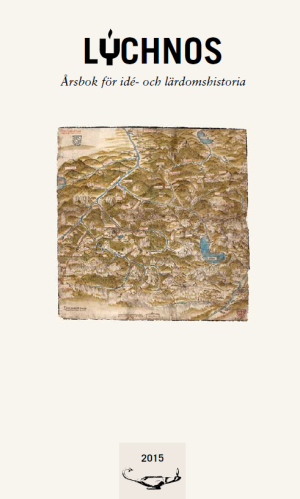The pathology of genius
A study of the concept of genius in nineteenth-century medicine
Keywords:
genius, genius and insanity, criminal anthropology, Cesare Lombroso, Alexandre LacassagneAbstract
In the mid-nineteenth century, the ancient notion that genius is a form of insanity suddenly became the topic of intense medical interest. Beginning with the French physician Lélut’s 1836 study of Socrates, Du démon de Socrate, a number of prominent nineteenth century doctors developed theories that sought to explain genius with reference to various medical conditions. The most important and controversial of these theories was Cesare Lombroso’s attempt in L’uomo di genio (1888) to show that genius, just like the innate tendency to commit crime that he claimed to have observed in the majority of criminals, was a form of masked epilepsy. Lombroso’s opponents, in particular the followers of the French Lyon school, developed an alternative theory according to which genius was a higher form of reason and a future, more highly developed form of human appearing in advance.
The paper seeks to demonstrate that the medical theories of genius were in fact an important scientific topic in the late nineteenth century. It aims to show that Lombroso’s notion that genius was a positive counterpart to the born criminal, whose intuitive insights can be put to use by science and solve the very problems that the born criminal causes, meant that the theories on genius were in fact an aspect of criminal anthropology that was much more important than previous research has noted.
Downloads
Published
Issue
Section
License
This work is licensed under a Creative Commons Attribution 4.0 International License. The copyright for the work published in Lychnos remains with the authors.


